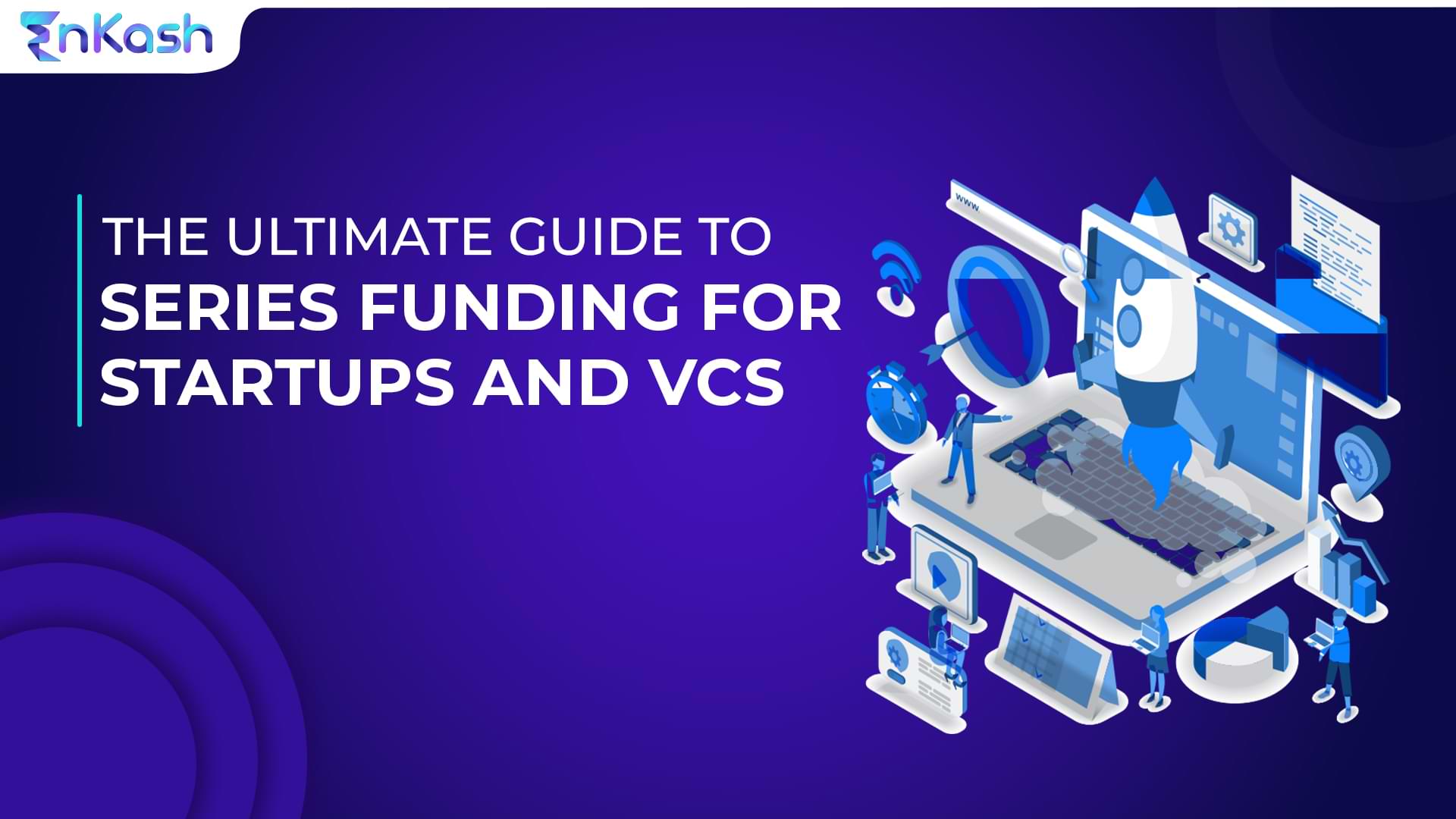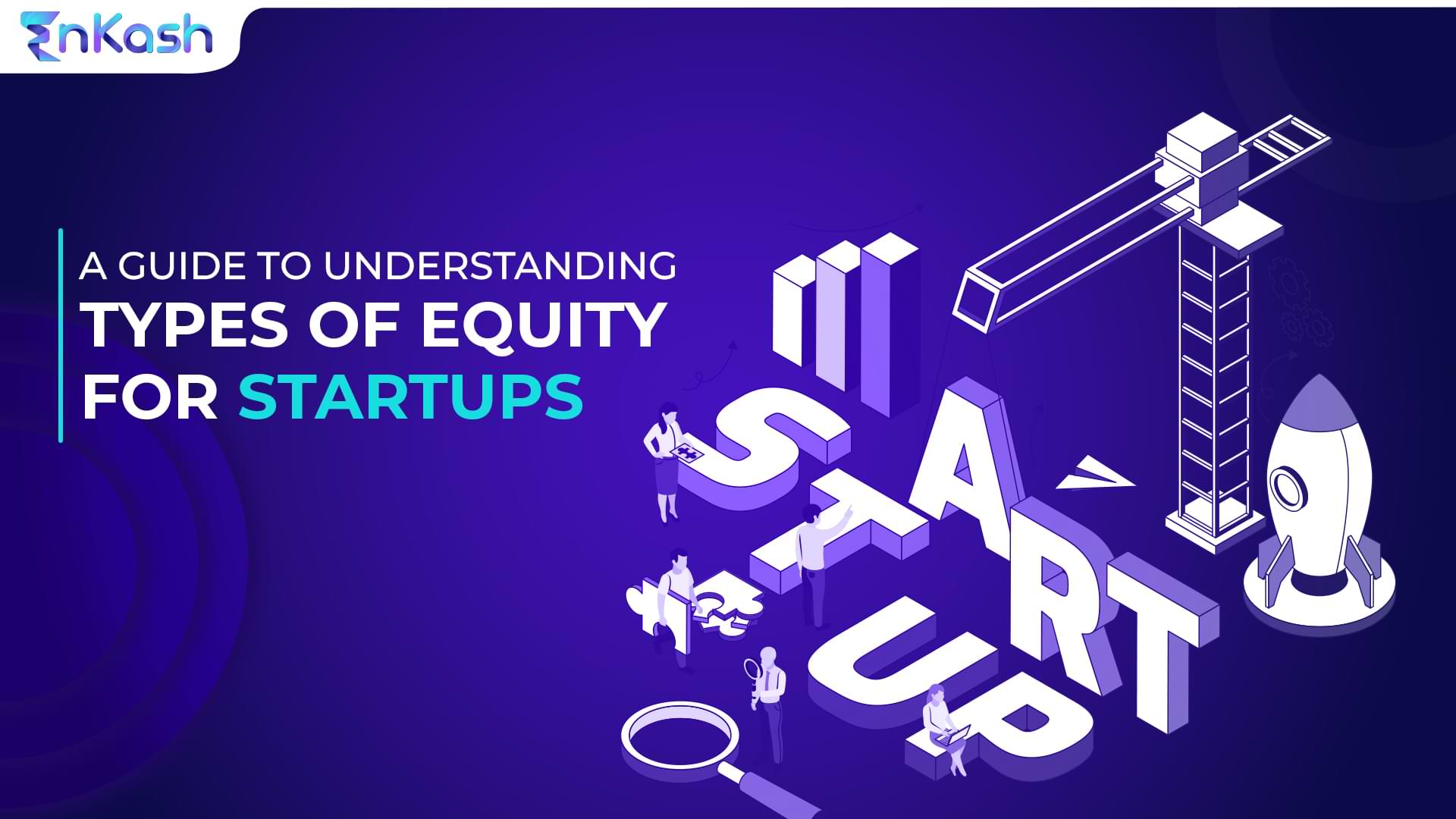As a new and upcoming business, there is a good chance that raising capital is one of the main factors that concern you as the founder of the business. Unlike earlier times, we, fortunately, have a lot of options. While this reduces the concerns we have around capital sources, can make the decision-making process a bit confusing.
In this article, we will look at the two terms that keep cropping up—angel Investor vs venture capitalist.
What is an angel investor?
Angel investment comes from angel investors who, in most instances, are rich individuals who want to invest their money in an upcoming business that shows growth potential. In many cases, this high-net-worth individual who becomes an angel investor is from within the family and friends circle of the business founder.
Angel investors are most likely to invest in the business during the initial stages to support the development of the product or service that the business hopes to offer. Since there is an element of risk involved in any new venture, angel investors like to limit their investment in such ventures to around 10% of their entire portfolio.
What is venture capital?
Generally speaking, venture capital comes from risk capital companies that specialize in investing money in upcoming ventures that show a huge potential for growth.
Venture capitalists are appointed by the risk capital companies to assess the growth potential of the venture and make recommendations accordingly.
While angel investments are in the form of money, venture capital investments can be in the form of money as well as expertise that the company needs to develop and grow to the level they want to.
Difference between Angel Investor & Venture Capitalists
Evaluation Criteria |
Angel Investors |
Venture Capitalists |
Who they are |
Angel investors are most likely individuals with high net worth seeking opportunities to diversify their portfolio. In some instances, they may even have a personal or social link with the founders of the business they are investing in. |
Venture capitalists are experts who work with risk-capitalist companies. They look for ventures in which they can invest on behalf of the investors in their company. In most cases venture capitalists do not have a personal connection with the business they will invest with. |
Type of investment |
Angel investors use their personal funds to invest in the venture. Angel investors tend to invest in the initial stage of the enterprise. |
Venture capitalists gather funds from foundations, funds, insurance companies, and more. VC investments can be at different stages of the business. The investment type can be either in the form of cash or expertise. |
Extent of investment |
Since personal funds are invested, the investment in the case of angel investment is limited. |
Venture capital investments tend to be on the larger side depending on the business type. |
Role they play |
Angel investors tend to have an active role in the investment. |
Venture capitalists tend to play a strategic role in the company once the investment is completed. |
Focused on |
Angel investors tend to focus on the initial phase of growth of the concept. |
Venture capitalists tend to focus on the stage for which they put in their investment, which can be the initial stage, growth stage, or the late stage |
As you can see from the above table, both avenues for finance have their own pros and cons. When you look at angel investments, you will realize that the process of convincing them to invest in your business is relatively easy. On the other hand, the amount of investment and the expert support you can get is also limited.
With venture capital, you can expect a bigger investment but will also need to work harder to pitch your business proposal forward along with rules of investment. Plus, your control on the business may get a bit diluted with venture capital involvement as opposed to angel investment. Depending on how you want to position your business, your requirements and capabilities, you can choose to go with one or the other.
For all your fintech needs as well as a collateral-free credit limit, talk to EnKash, Asia’s 1st & Smartest Spend Management Platform. We offer a range of fintech solutions to help you grow more.













